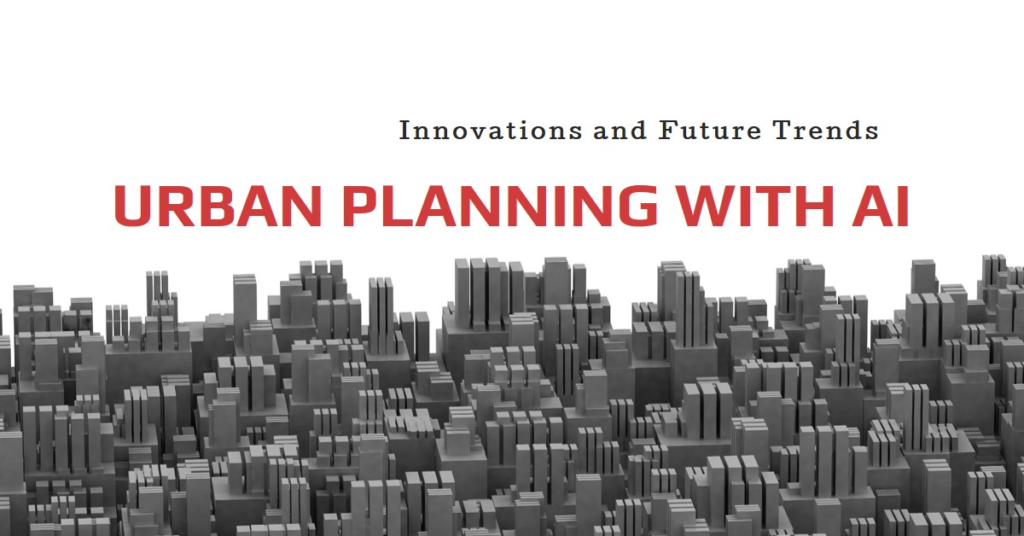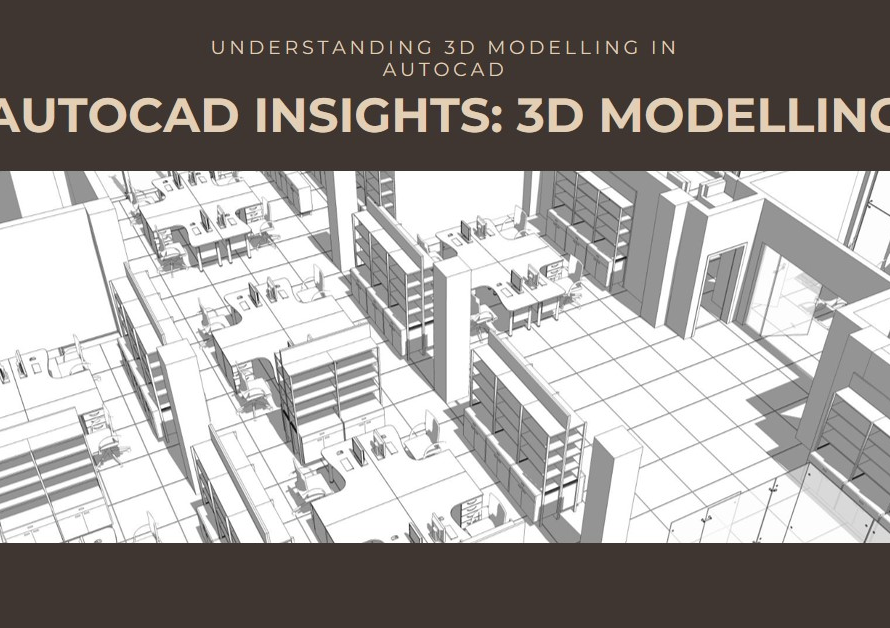
Table of Contents
- Introduction: The Confluence of Technology and Urban Development
- The Rise of Smart Cities: A Prelude to AI Integration
- Predictive Analytics: Foreseeing Urban Challenges
- Enhancing Public Transportation: AI-Driven Solutions
- Smart Infrastructure: Building the Cities of Tomorrow
- Environmental Sustainability: AI for a Greener Future
- Citizen Engagement: Empowering Communities with AI
- Safety and Security: AI in Crime Prevention and Emergency Response
- Challenges and Ethical Considerations: Navigating the AI Landscape
- The Future of Urban Planning: Embracing AI Innovations
- Conclusion: A Vision for AI-Driven Urban Transformation
Introduction: The Confluence of Technology and Urban Development
In an era where technological advancements are reshaping every facet of human life, urban planning is no exception. The integration of Artificial Intelligence (AI) in urban planning heralds a new era of innovation and efficiency. This blog post delves into the transformative potential of AI in urban development, exploring various innovations and future trends that promise to redefine city living.
The Rise of Smart Cities: A Prelude to AI Integration
Smart cities represent the epitome of technological integration in urban environments. These cities leverage data and technology to enhance the quality of life for their inhabitants. AI, as a cornerstone of this transformation, provides the tools necessary for efficient data analysis and decision-making.
In smart cities, AI algorithms analyze vast amounts of data from various sources such as sensors, cameras, and social media. This analysis helps in understanding urban dynamics and predicting future trends. Consequently, urban planners can make informed decisions to improve infrastructure, reduce traffic congestion, and enhance public safety.
Predictive Analytics: Foreseeing Urban Challenges
One of the most significant contributions of AI to urban planning is predictive analytics. By analyzing historical data and identifying patterns, AI can forecast potential urban challenges. These predictions are invaluable for proactive planning and resource allocation.
For instance, predictive models can forecast traffic congestion based on historical traffic data, weather conditions, and upcoming events. Urban planners can use these insights to design more efficient road networks and public transportation systems. Similarly, predictive analytics can identify areas prone to flooding, allowing for the implementation of preventive measures and infrastructure improvements.
Enhancing Public Transportation: AI-Driven Solutions
Public transportation systems are the backbone of urban mobility. AI is revolutionizing these systems by optimizing routes, schedules, and maintenance. Machine learning algorithms analyze data from various sources to enhance the efficiency and reliability of public transit.
Real-time data from GPS, ticketing systems, and passenger feedback enables AI to optimize bus and train schedules, reducing wait times and improving service frequency. Additionally, predictive maintenance algorithms can anticipate equipment failures, ensuring timely repairs and minimizing disruptions.
Smart Infrastructure: Building the Cities of Tomorrow
AI is at the forefront of developing smart infrastructure, which encompasses everything from intelligent traffic lights to energy-efficient buildings. These innovations aim to create more sustainable and resilient urban environments.
Smart traffic management systems use AI to monitor and control traffic flow in real-time. By adjusting traffic light timings and providing alternate routes, these systems can significantly reduce congestion and emissions. Moreover, AI-driven energy management systems optimize the use of resources in buildings, reducing energy consumption and operational costs.
Environmental Sustainability: AI for a Greener Future
Urban planning with AI is not only about efficiency but also about sustainability. AI technologies are instrumental in addressing environmental challenges and promoting sustainable development practices.
For instance, AI can analyze environmental data to monitor air quality, predict pollution levels, and suggest mitigation strategies. Additionally, AI-powered waste management systems can optimize collection routes and recycling processes, reducing the environmental footprint of urban areas. These innovations contribute to the creation of greener, more livable cities.
Citizen Engagement: Empowering Communities with AI
Effective urban planning requires active participation from the community. AI facilitates this engagement by providing platforms for citizens to voice their opinions and contribute to the planning process.
AI-driven applications enable residents to report issues, provide feedback, and participate in surveys. Natural language processing (NLP) algorithms analyze this input to identify common concerns and preferences. Urban planners can then incorporate these insights into their strategies, ensuring that the needs and desires of the community are addressed.


Safety and Security: AI in Crime Prevention and Emergency Response
AI plays a crucial role in enhancing the safety and security of urban areas. Advanced algorithms analyze data from various sources to detect and predict criminal activities, enabling proactive measures to prevent crime.
For example, AI-powered surveillance systems can recognize suspicious behavior and alert authorities in real-time. Additionally, predictive policing models analyze crime data to identify hotspots and deploy resources more effectively. In emergency response, AI helps in coordinating efforts by analyzing real-time data from multiple agencies, ensuring a swift and efficient response to incidents.
Challenges and Ethical Considerations: Navigating the AI Landscape
While AI offers numerous benefits for urban planning, it also presents challenges and ethical considerations. Issues such as data privacy, algorithmic bias, and the digital divide need to be addressed to ensure equitable and just urban development.
Data privacy is a significant concern as AI relies on vast amounts of personal and public data. Ensuring that this data is collected and used responsibly is paramount. Furthermore, algorithms must be designed to be unbiased and transparent, avoiding discrimination and ensuring fair treatment for all citizens. Addressing these challenges is crucial for the successful and ethical integration of AI in urban planning.
The Future of Urban Planning: Embracing AI Innovations
The future of urban planning is intrinsically linked with AI. As technology continues to evolve, so too will the methods and strategies used to design and manage urban spaces. Embracing AI innovations will be key to creating cities that are not only smart and efficient but also inclusive and sustainable.
In the coming years, we can expect to see even more advanced AI applications in urban planning. From autonomous transportation systems to AI-driven urban agriculture, the possibilities are limitless. By harnessing the power of AI, urban planners can build cities that are truly equipped to meet the challenges of the 21st century and beyond.
Conclusion: A Vision for AI-Driven Urban Transformation
In conclusion, AI is poised to revolutionize urban planning, offering innovative solutions to longstanding challenges and paving the way for the cities of the future. From predictive analytics and smart infrastructure to environmental sustainability and citizen engagement, AI’s impact is far-reaching and transformative.
As we continue to explore and implement AI-driven technologies, it is essential to navigate the associated challenges and ethical considerations with care. By doing so, we can ensure that the integration of AI in urban planning not only enhances efficiency and sustainability but also promotes equity and inclusivity. The future of our cities is bright, and with AI, we have the tools to shape it in remarkable ways.


